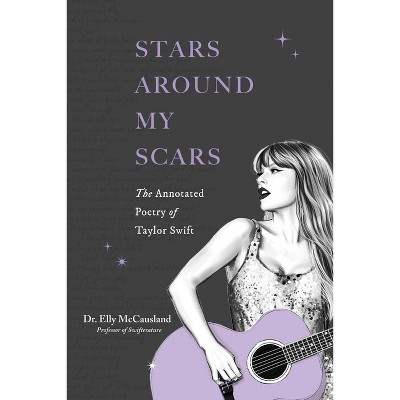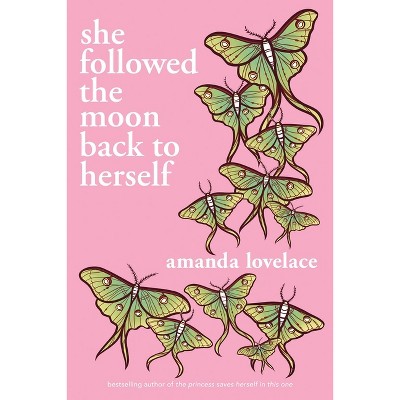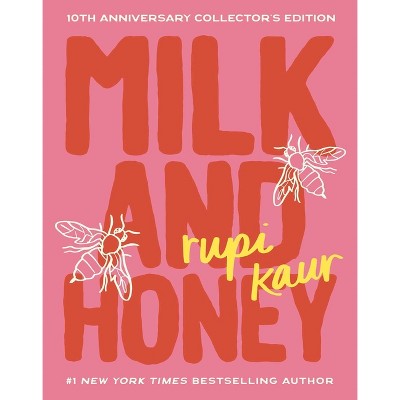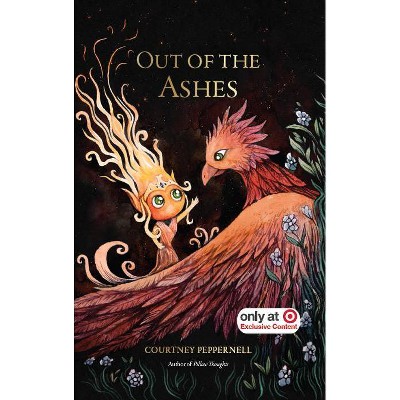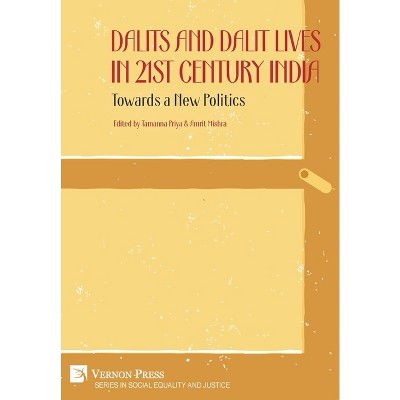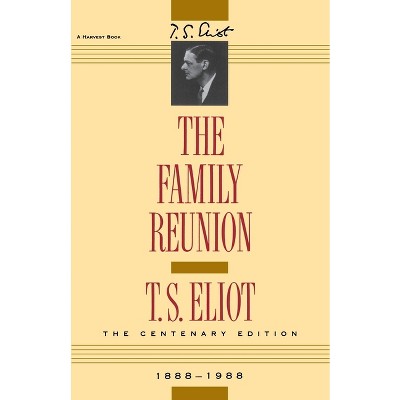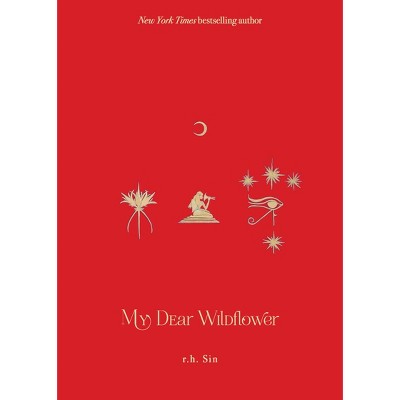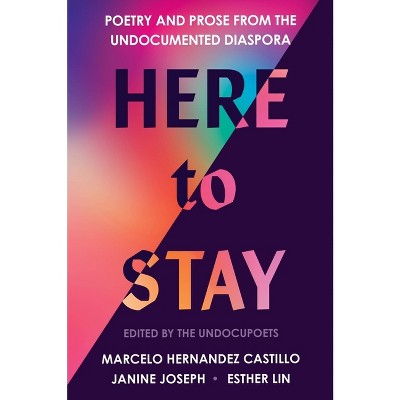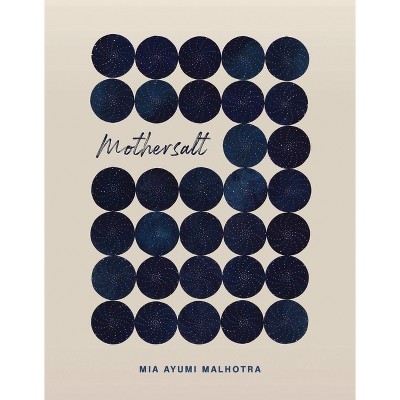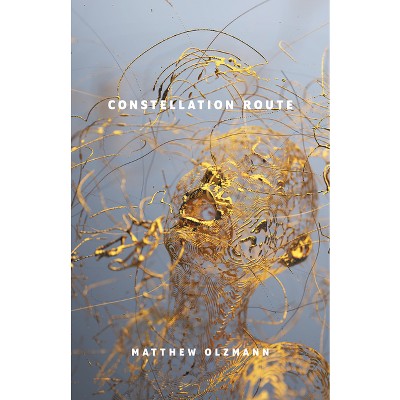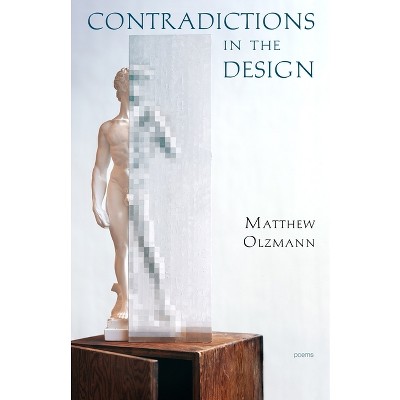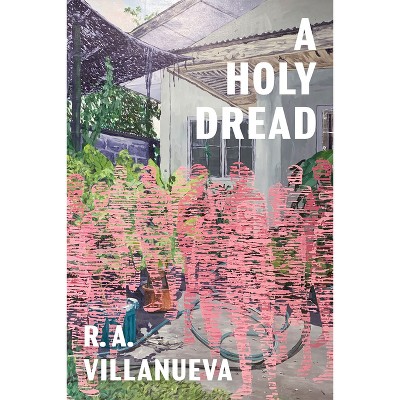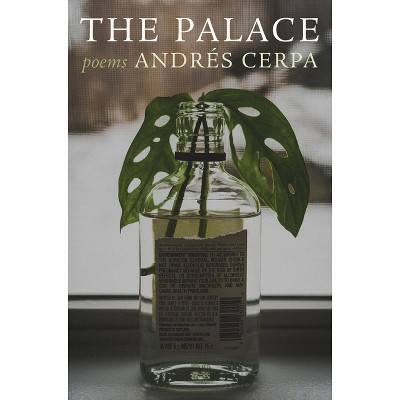Sponsored

Cold Thief Place - by Esther Lin (Paperback)
In Stock
Sponsored
About this item
Highlights
- Cold Thief Place speaks of the experiences of an undocumented American, her parents who fled Communist China and found safety in fundamentalist Christianity, and how she tried to understand them and herself by way of confessional poems.
- About the Author: Esther Lin was born in Rio de Janeiro, Brazil, and lived in the United States as an undocumented immigrant for 21 years.
- 100 Pages
- Poetry, American
Description
About the Book
"Cold Thief Place speaks of the experiences of an undocumented American, her parents who fled Communist China and found safety in fundamentalist Christianity, and how she tried to understand them and herself by way of confessional poems. This is a family story. It tells of a mother who fled an authoritarian government and turned that authoritarianism on to her children. Of a father who made a new life-three times on three different continents-and his sea voyage in between. Or what a daughter imagines of these events, as much as it's possible to truly know one's parents. The narrator, who is their daughter, grew up in difficult but very different circumstances, too: undocumented in the United States and was pressured into a greencard marriage in order to live a "normal life." One of the myths of America is that Americans are newly formed, defiant of authority, and free from old-world traditions. This book speaks to dark side of this myth: of the legacies that my parents wished to escape but instead carried with them: their distrust of government and their desire for an authoritarianism similar to the kind they had fled. Individually, the poems attempt to understand the emotions surrounding these impulses, from the point-of-view of their daughter, who is herself displaced as an undocumented American-that is, a person who is not permitted to be American, and without a home country to return to"--Book Synopsis
Cold Thief Place speaks of the experiences of an undocumented American, her parents who fled Communist China and found safety in fundamentalist Christianity, and how she tried to understand them and herself by way of confessional poems. This is a family story. It tells of a mother who fled an authoritarian government and turned that authoritarianism on to her children. Of a father who made a new life--three times on three different continents--and his sea voyage in between. Or what a daughter imagines of these events, as much as it's possible to truly know one's parents. The narrator, who is their daughter, grew up in difficult but very different circumstances, too: undocumented in the United States and was pressured into a green card marriage in order to live a "normal life." One of the myths of America is that Americans are newly formed, defiant of authority, and free from old-world traditions. This book speaks to dark side of this myth: of the legacies that my parents wished to escape but instead carried with them: their distrust of government and their desire for an authoritarianism similar to the kind they had fled. Individually, the poems attempt to understand the emotions surrounding these impulses, from the point of view of their daughter, who is herself displaced as an undocumented American--that is, a person who is not permitted to be American, and without a home country to return to.Review Quotes
Longlisted for the 2025 National Book Award for Poetry
Longlisted for the 2025 Maya Angelou Book Award for Poetry
Winner of the 2023 Alice James Award
Recommended by Kimiko Hahn
"In the end, what prevails in Lin's work is a brilliance in making sense of what it means to be undocumented, and how these experiences have sharpened anyone who has lived through them. But it is also a bold meditation on what it means to be human and to live with loss amidst these scatterings, even when humanity itself is forcibly denied by the laws of a land."
--Hannah Chia, Singapore Unbound
"Cold Thief Place teaches us that place isn't what we own but an emotional sphere that we dream to obtain."
--Tiffany Troy, Rain Taxi Review of Books
"Esther Lin's Cold Thief Place... is a brilliant work that strives to teach us that a status does not erase the person it is attached to."
--Redlands Daily Facts
"Esther Lin's Cold Thief Place is a testament to this kind of liberation through art--the ability to find oneself reflected in the canon and to, in turn, offer that visibility to others."
--Asa Drake, The Rumpus
"A Künstlerroman of cross-cultural and multigenerational scope, Lin's debut has been anticipated by many--including me--for some time. To sit with Cold Thief Place is to appreciate why that has been the case; critically forceful yet never strident, deeply felt yet never self-indulgent, the book is an intimate document well deserving of wide public recognition."
--Christopher Kempf, Los Angeles Review of Books
Lin debuts with an impressive collection that tells the story of an undocumented daughter of parents who flee Communist China and become fundamentalist Christians in America. ... These stunning poems breathe new life into the confessional form."
--Publishers Weekly Starred Review
"The composed tonal realm of Cold Thief Place, with all the distances collapsed and achieved, is one that strives toward a more sensitive perception of oneself and the lives of others. As Lin writes, "I see her best // when she's half-hidden." This is a refreshing debut, one that reasserts a place for the nuances of control in a contemporary poetry landscape that too often privileges its opposite: the ecstatic, the wild, the righteous."
--Corey Van Landingham, West Branch
"Even if it were pure story, an autobiography narrated like any other, it'd be worth seeking out Cold Thief Place, Esther Lin's first full-length collection."
--Christopher Spaide for Literary Hub
"The people inhabiting Esther Lin's poems have been handed a map that details the path to the most splendid home. But the journey might be impossible. Though they travel with care and attention, though they find places to settle along the way, the subjects of Cold Thief Place keep searching for a place where there is comfort and restful love. These heartrending poems are full of grief and struggle, but they hold the spark of all the possibilities available in our most dearly-held dreams. A gorgeous and timely book."
--Camille T. Dungy, author of Soil: The Story of a Black Mother's Garden
"Esther Lin's Cold Thief Place is a stunner, filled with poems that are as poignant as they are defiant, as quietly mournful as they are thrillingly untamed. Lin is a major new talent, yet she sings--of family, of love, and of her life as an undocumented American--with all the wisdom and skill of a very old soul. This is a fabulous debut."
--Patrick Phillips, author of Song of the Closing Doors and Elegy for a Broken Machine
"Esther Lin's Cold Thief Place is truly a once-in-a-lifetime revelation. I am changed, I am a better human being after reading these precise and poignant poems. This book is not only a timeless and necessary addition to immigrant literature around the world, but an automatic induction into the American canon."
--Javier Zamora, author of Unaccompanied and Solito: a Memoir
About the Author
Esther Lin was born in Rio de Janeiro, Brazil, and lived in the United States as an undocumented immigrant for 21 years. She is also author of The Ghost Wife, winner of the 2017 Poetry Society of America's Chapbook Fellowship. Most recently, she was an artist-resident at the T. S. Eliot House in Gloucester, MA, and Cité internationale, Paris. She was a 2019-20 Writing Fellow at the Fine Arts Work Center, Provincetown; a 2017-19 Wallace Stegner Fellow at Stanford University. Her work has been featured in 2023's Best of the Net, Best New Poets 2022, and she was winner of the 2018 Crab Orchard Review's Richard Peterson Poetry Prize. Currently, she co-organizes the Undocupoets, which promotes the work of undocumented poets and raises consciousness about the structural barriers that they face in the literary community.Shipping details
Return details
Frequently bought together


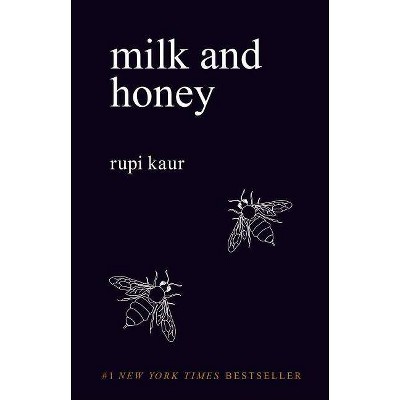
Trending Poetry
